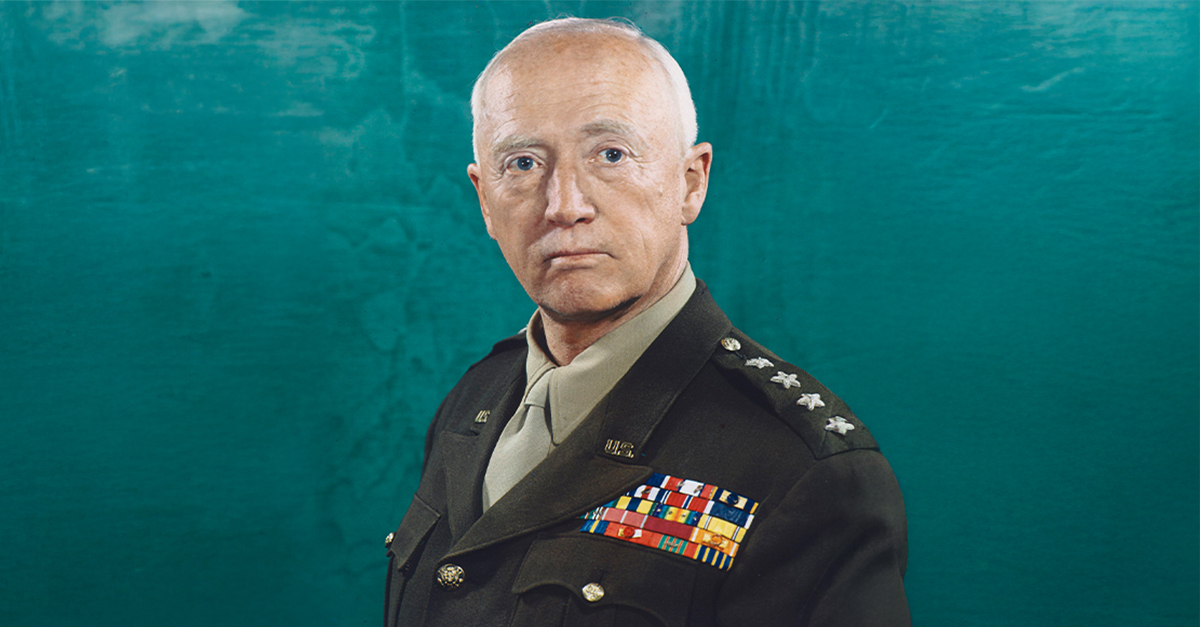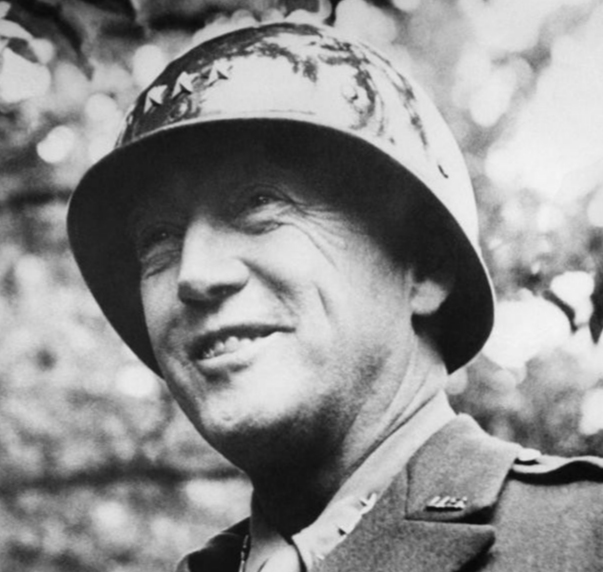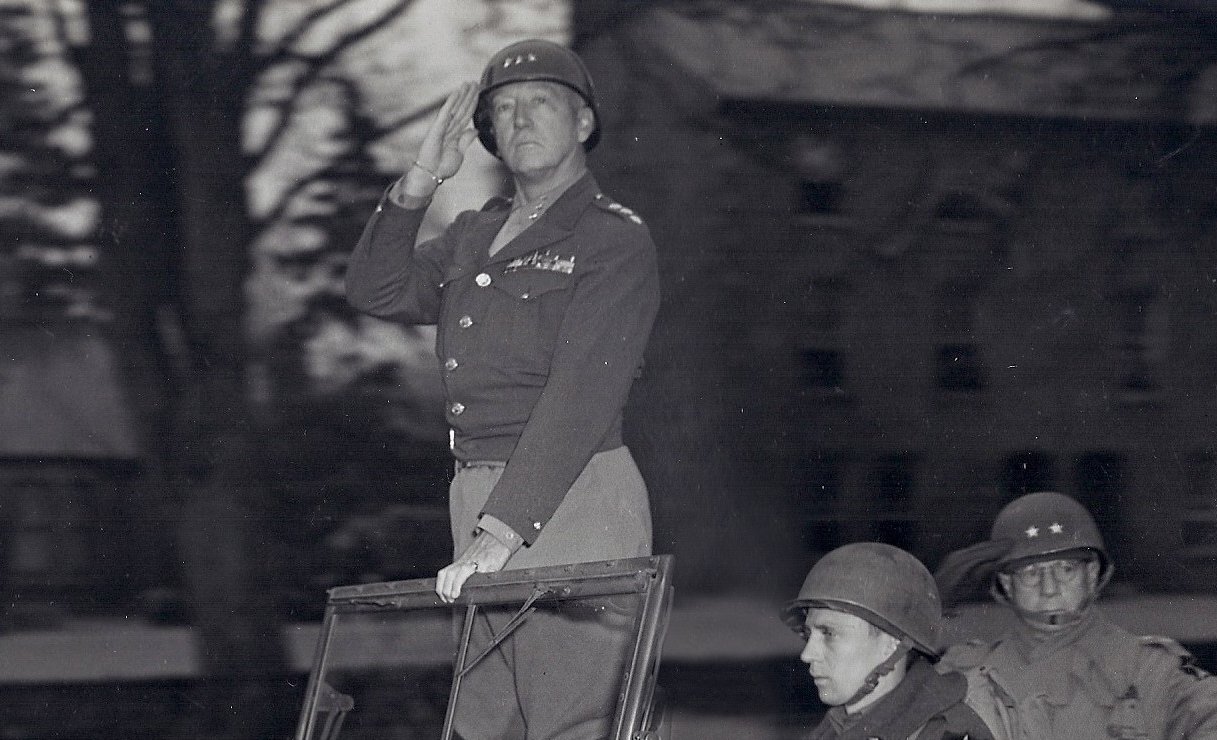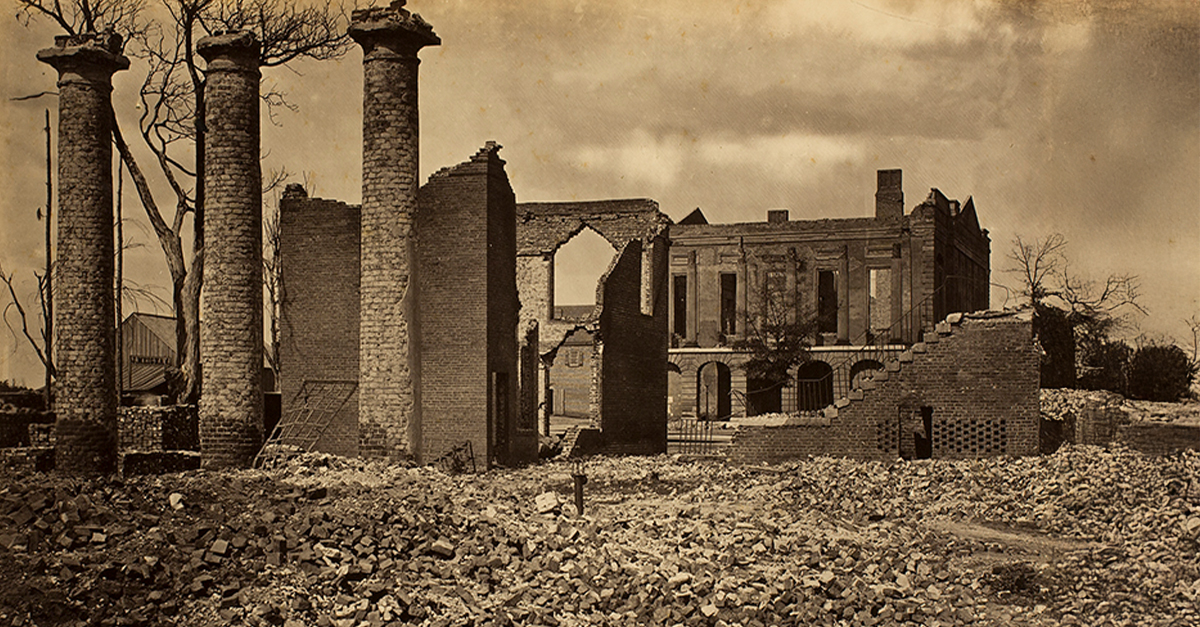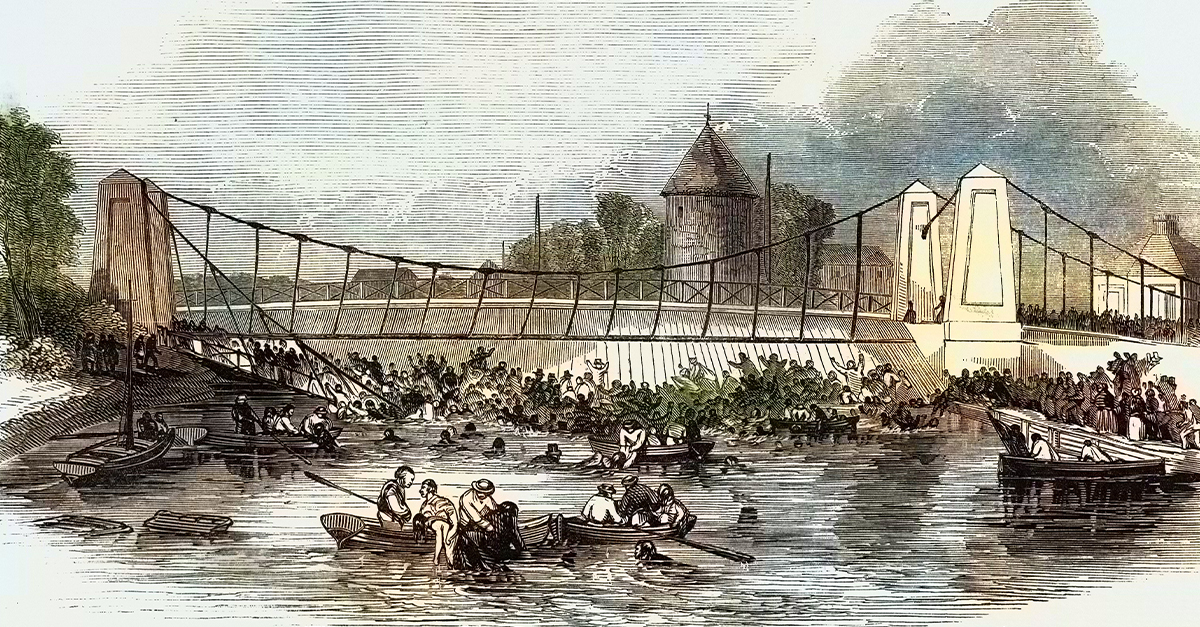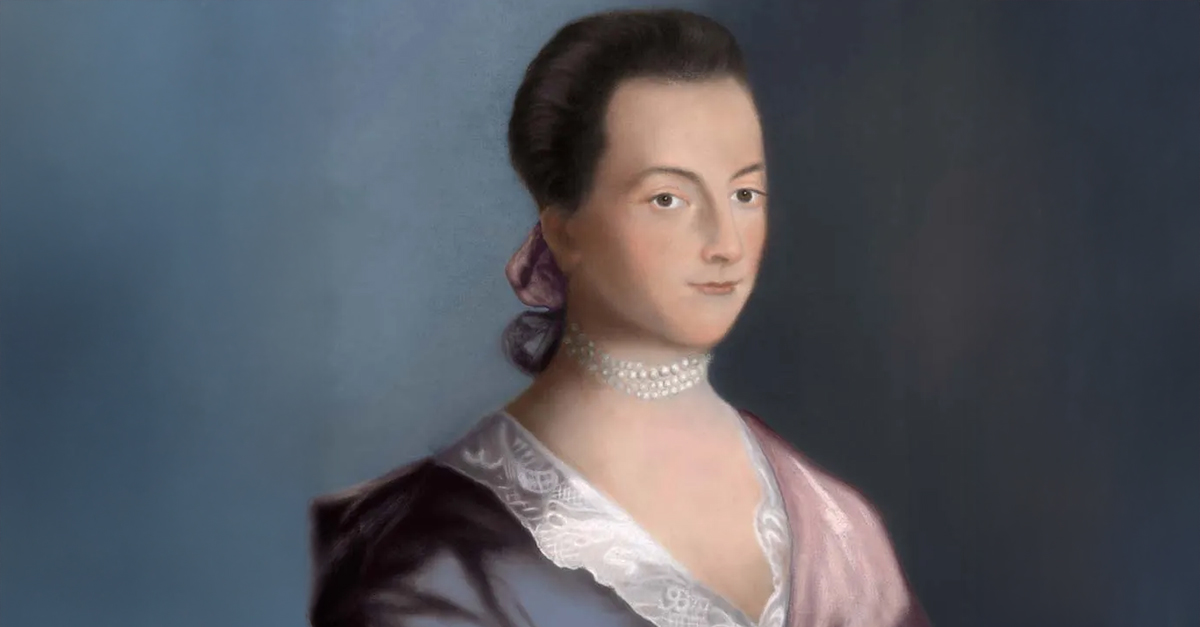When Germany surrendered in May 1945, General George S. Patton was hailed as one of America’s top military commanders. But in World War II’s aftermath, Patton was cast in the unfamiliar role of postwar administrator in occupied Germany, a position he had no interest in. As his boredom and frustration mounted, he harbored a controversial desire to turn America’s guns on the Soviet Union.
From Blitzkrieg To Bureaucracy
After V-E Day, Patton was appointed military governor of Bavaria in the American occupation zone. He now found himself handling paperwork, overseeing denazification efforts, and involved in civil reconstruction. Known for his dynamism and warlike temperament, he had little patience for these kinds of duties. He glumly admitted that he wasn’t cut out for paper-shuffling and clashed with other Allied officials who saw postwar rebuilding as a priority.
Anger At Soviet Conduct
Even before the war ended, Patton was suspicious of the Soviet Union. He often expressed contempt for the Red Army’s behavior in eastern Europe and lamented the West’s alliance with Stalin. When he saw the Soviets’ forceful imposition of communist rule in East Germany, he was furious. Patton increasingly let fly that the US had fought the wrong enemy.
A Fever Dream: War With The USSR
To say that Patton was an outspoken man would be an understatement. He frequently railed about the urgent need to hit the Red Army before it solidified its power base in Eastern Europe. He was convinced that the Western Allies had the momentum, the morale, and the logistical supply train to roll the Soviets back and stop the Iron Curtain from being drawn across the continent.
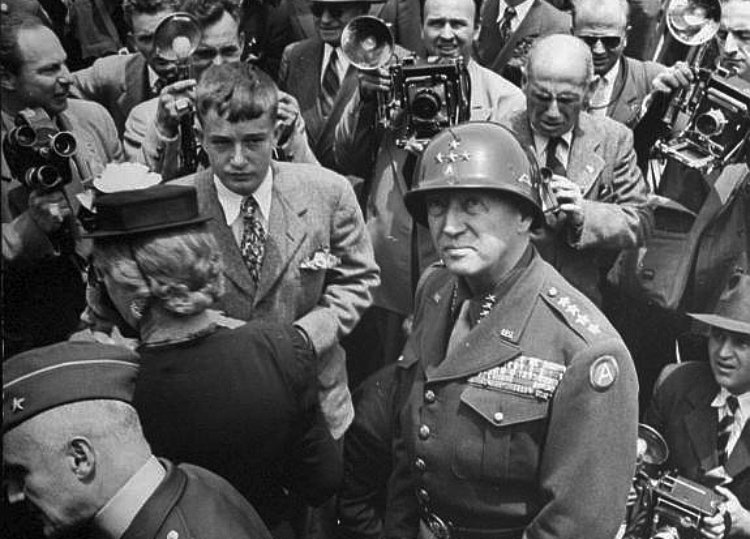 Unknown author, Wikimedia Commons
Unknown author, Wikimedia Commons
Operation Unthinkable
In May 1945, British officials went so far as to draw up contingency plans, including the now-declassified "Operation Unthinkable," which mulled the idea of a shock Anglo-American onslaught on Soviet lines in Europe. While this wasn’t Patton’s own brainchild, the proposal was in general accord with his views.
Cooler Heads Prevailed
Patton’s ideas were never really taken seriously by high-level Allied officials. President Truman and British Prime Minister Winston Churchill were already peoccupied with peacetime politics. A war-weary public at home had no desire for another conflict. The Red Army, though battered, was massive at nearly 11 million strong in 1945, dug in across Eastern Europe. Attacking the Soviets would’ve risked huge casualties and a wider global conflagration.
Could Patton’s War Have Been Won?
If war had broken out in mid-1945, the Western Allies would’ve possessed technological advantages in air power and atomic weapons. However, Soviet manpower and control of Eastern European terrain was formidable. Experts believe that while the Allies might have advanced initially, a quick victory was unlikely. The cost would have been immense. Most historians agree that such a war would’ve plunged Europe into a worse crisis than World War II.
Final Days Leading Up To A Tragic End
By September 1945, Patton’s criticism of Allied policies and pointed questioning of denazification led to his removal from the post in Bavaria. He was reassigned to the Fifteenth Army, a ceremonial command. He died in December from injuries he sustained in a car crash. His untimely death sealed the Patton legend of an unyielding warrior who found himself adrift in peacetime.
A Mixed Legacy
Patton’s postwar behavior was controversial, not only for his remarks on the Russians, but also for how little he did to help along the denazification process. His attitude underscored the tension in postwar Allied strategy in adjusting to the emerging Cold War reality. Though his ambition to take on the USSR never came to pass, the scenario he warned about would cast a shadow over global politics for decades.
You May Also Like:
The Most Important Events Of WWII
40 Of The World's Highly-Educated Leaders

